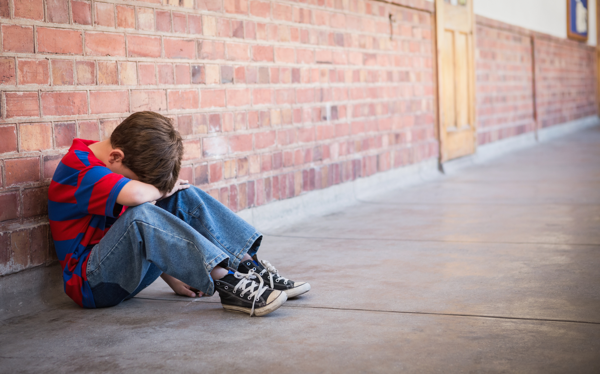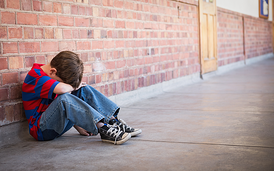
 There have been extensive efforts in the 21st century to limit bullying, particularly in schools. Parents now understand how detrimental bullying can be for young children and are trying to put an end to it.
There have been extensive efforts in the 21st century to limit bullying, particularly in schools. Parents now understand how detrimental bullying can be for young children and are trying to put an end to it.
Unfortunately, the emergence of the Internet and social media makes this task quite difficult. The anonymity and speed of the Internet makes bullying too convenient. Parents have to constantly be on the lookout as to what their children are doing online and practice mobile and Internet child safety. Simple conversations can quickly turn into inappropriate behavior that can have long-lasting effects on a child's mental health.
A recent Huffington Post article discusses cyberbullying and explains why it's changed the nature of bullying. According to the article, cyberbullying is even more difficult for parents to stop since it's virtually everywhere:
“...It's true that among young people, so-called "cyberbullying" is often an extension of school-yard issues. But the Internet and phones do change the equation for a number of well-known reasons, including the ability for mean comments to stick around and be passed with lightning speed. Plus, the Net has created new ways to bully like impersonating someone by getting hold of their phone or password or passing around inappropriate pictures of someone.”
Nowadays, bullying is not so limited that it only occurs on the school playground. Young children are now constantly at risk of being bullied as long as their using social media or social apps.
Here are a few harmful long term effects that can result from cyberbullying:
-
Loss of Confidence. A single act of bullying can cause diminished self-esteem that can last a lifetime. A child who is bullied feels powerless and their self-identity as a competent person who is able to protect himself in the world becomes wounded. Although the incident of bullying may have occurred many years, or even decades ago, the damage to the individual’s self-concept may remain.
-
Anxiety and Depression. Increasing feelings of anxiety or depression are often a consequence of a bullying experience as people relive the loss of control and helplessness of the experience. Substance abuse can also occur. These negative feelings can intensify over time and last well into adulthood unless treated with therapy and medications, if needed.
-
Social Withdrawal. The experience can cause the individual to withdraw from social contact with their peers, because they lose confidence in their ability to manage these relationships and no longer trust others to accept them as they are. This reaction can have very damaging effects on the individual who may become withdrawn, which often increases the impact of emotional problems and may even lead to suicide.
The best thing parents can do is create awareness of cyberbullying and take steps to make sure it doesn't happen to their child. Parents should inform their kids of the threats that exist in the Internet and have open conversations about their activity online.
Other options include monitoring your children's online activity. In order to maintain trust with your child, however, this should either be discussed openly or approached cautiously.



